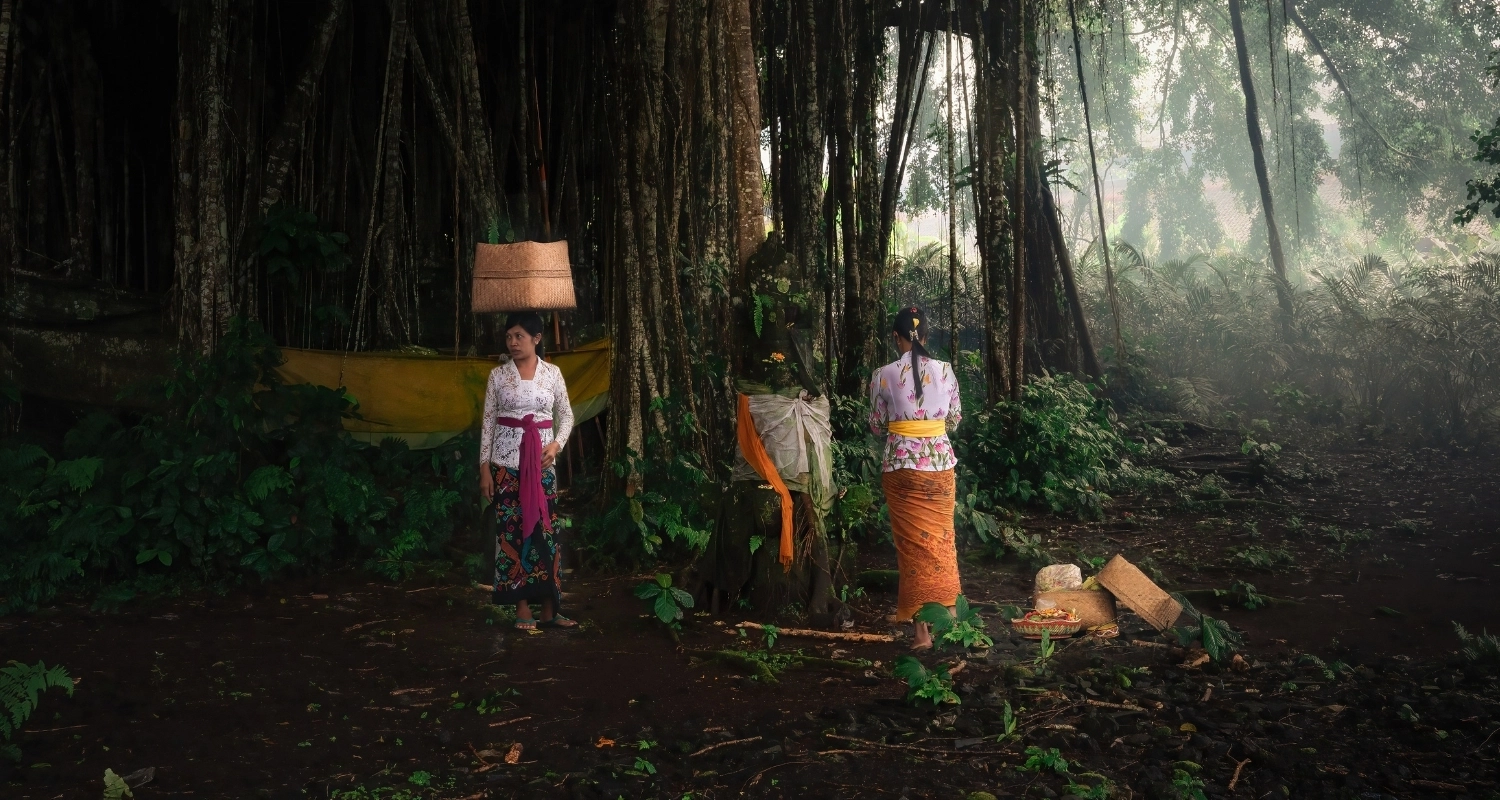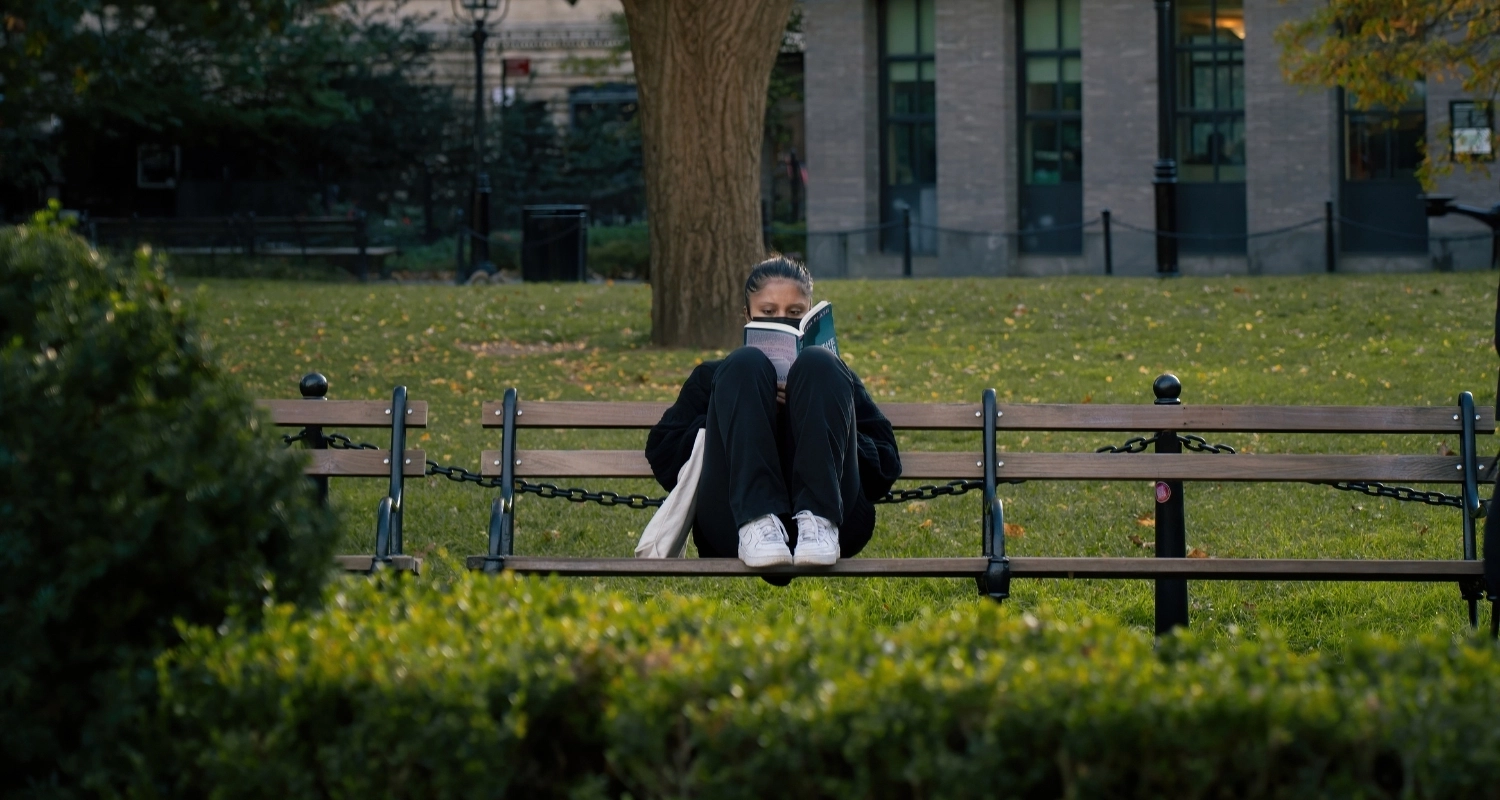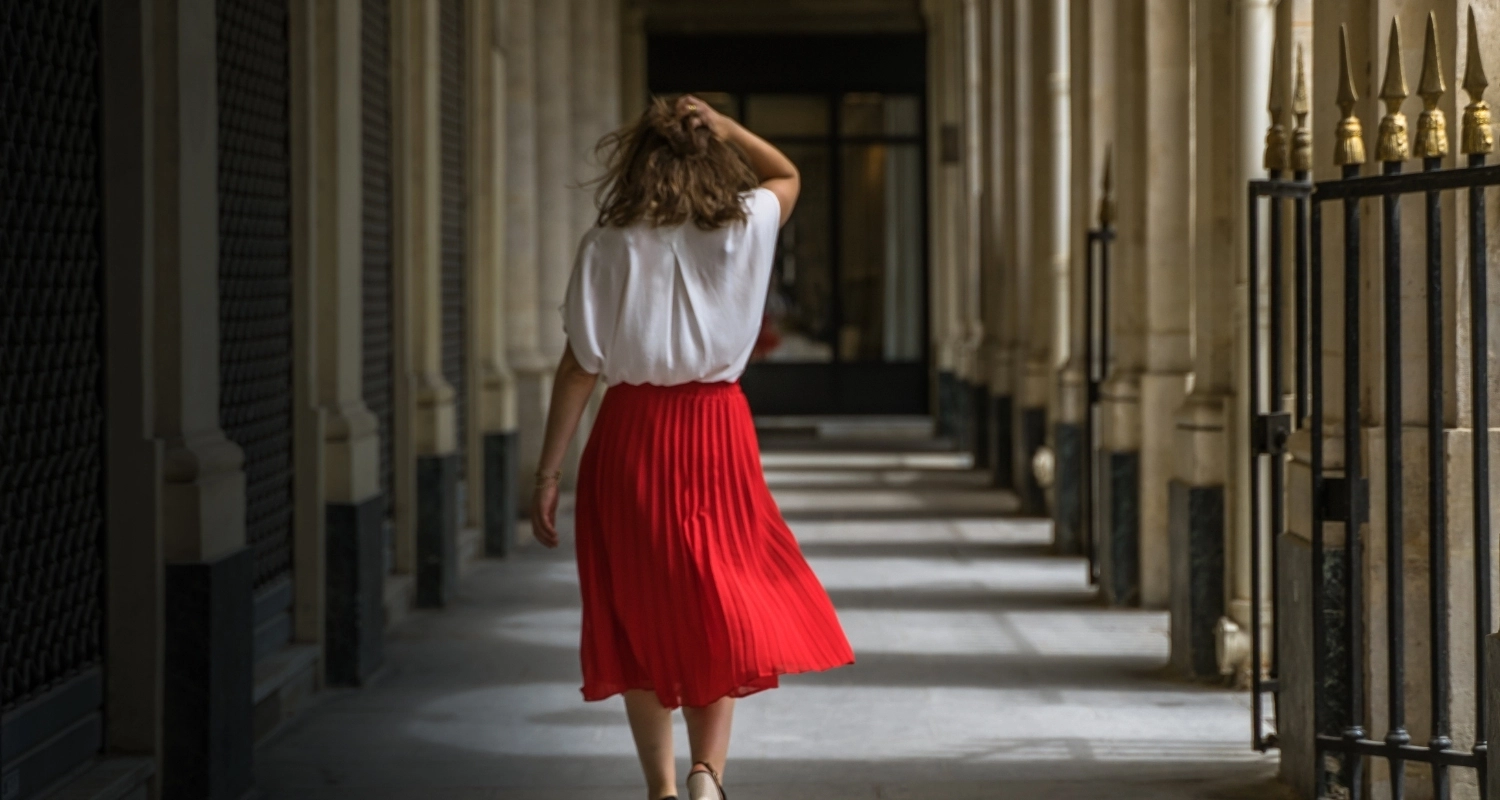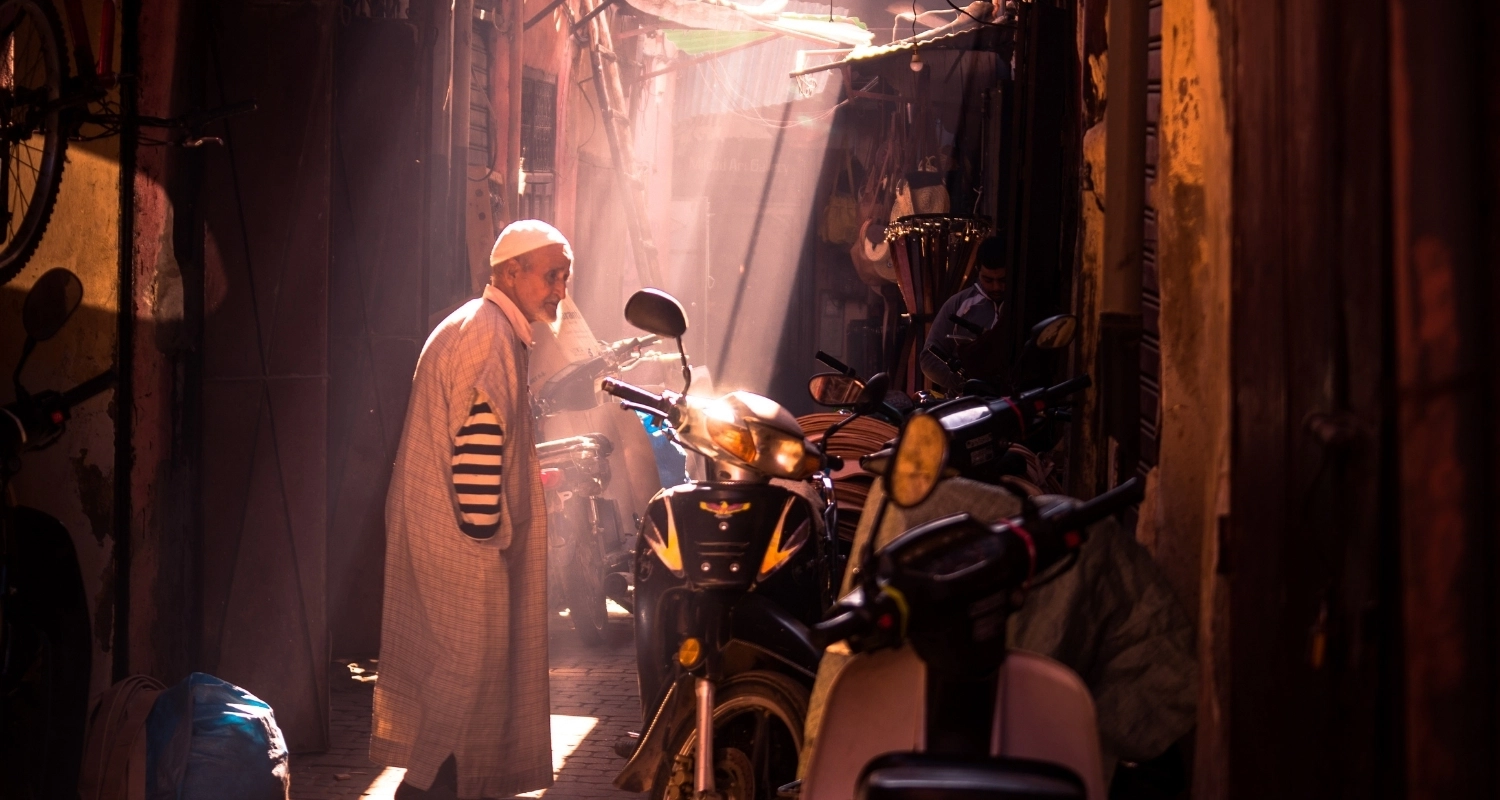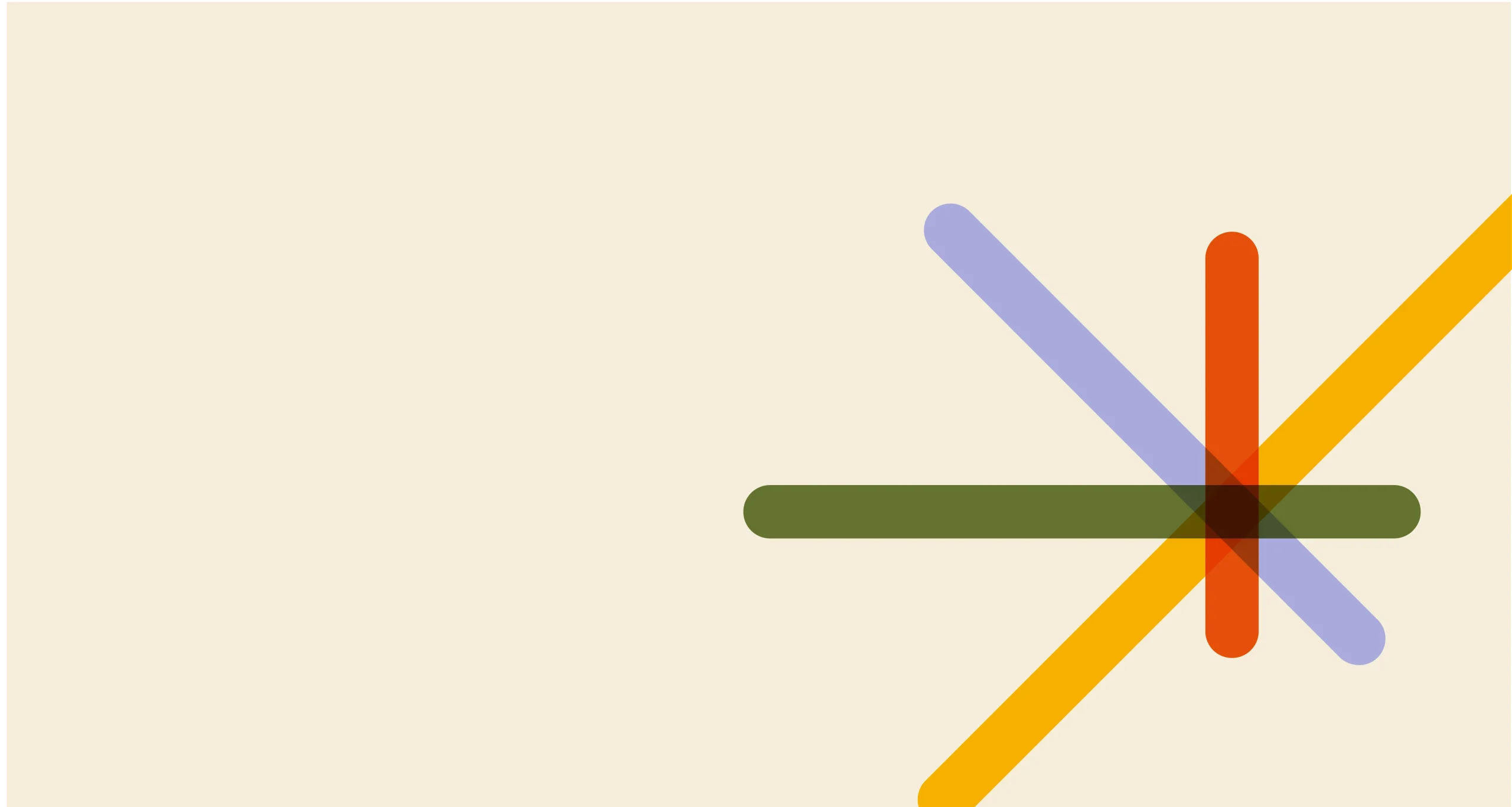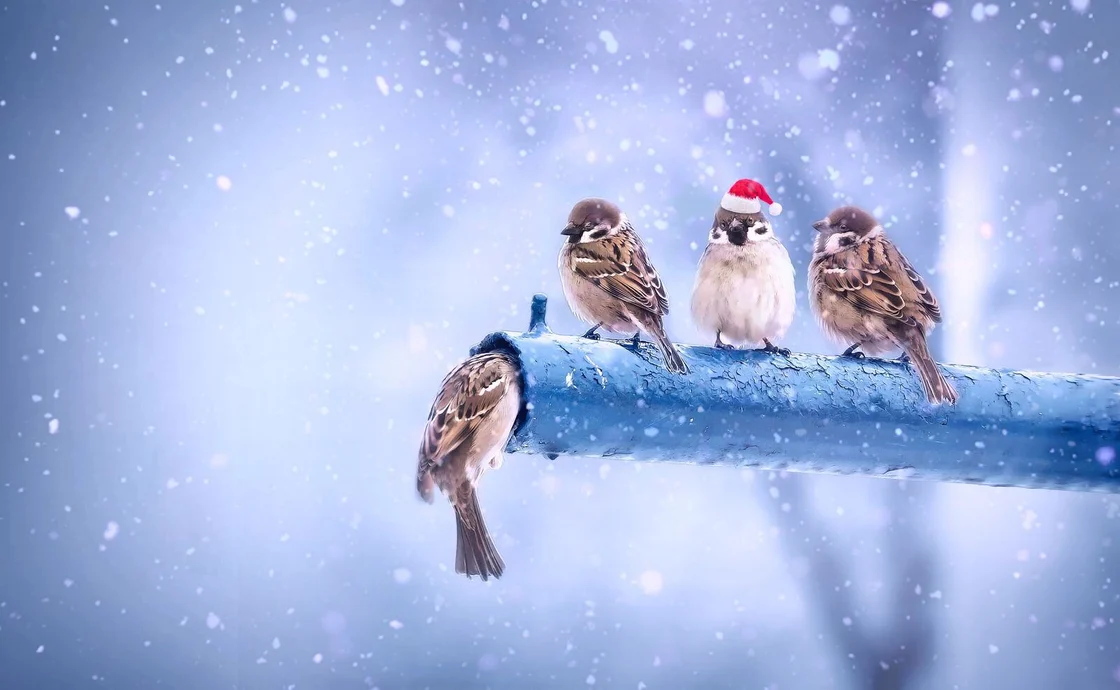
Everything moves too fast. Always.
Uncertainty has intensified with new geopolitical crises and wars, changes in the global economy, and sweeping technological advances like artificial intelligence.
We push ourselves to keep up, but in doing so our lives, routines, and dreams change. And we must learn to stop.
Our reserves of physical and psychological energy are limited. Even batteries need recharging. When ours run low, our motivation fades — leaving us exhausted, stressed, and drained of the desire to do.
Stop and listen to yourself
Imagine creating a personal sanctuary, with rituals devoted to your own care. It might be a guided meditation or a walk in nature. A creative practice like drawing, cooking, or writing. Or simply a hot cup of tea in your favorite café, with a book you love.
Bertolt Brecht described his moments of disconnection — or as he called them, his “Pleasures” — in this poem:
The first glance out the window in the morning
The old book found again
Faces full of enthusiasm
Snow, the turning of the seasons
The everyday
The dog
The dialectic
Taking a shower, swimming
Ancient music
Comfortable shoes
Understanding
New music
Writing, planting
Traveling
Singing
Being friendly.
There is a silent dance we often forget: the time we dedicate to ourselves. This is not leisure time, but intimate time — free of noise, free of notifications, free of the need to prove anything. Time with the taste of not doing and the rhythm of being.
Inner refuges
Sometimes, it takes very little. The smell of freshly brewed coffee. The unexpected smile of a stranger. Sitting in a corner of your home that you love — without screens, only a window or a lit candle. A purposeless walk through your neighborhood, the kind where you don’t check the clock but let yourself be carried by the streets, the sounds, the scents.
Opening a notebook and letting your pen wander. More than the words themselves, it is the liberating act of writing that matters. Dreams, scattered thoughts, word-sketches that bring a smile.
And then, even rewriting certain emotions. Take boredom, for instance. In embracing it, there is a kind of release. That feeling we all try to avoid could, in fact, be your ticket to new insights. Slow down. Sit with it. Let yourself be bored for a while. You may discover something surprising.
Have you ever heard of the Snow Monkeys — the Japanese macaques that relax in the hot springs of Jigokudani? These animals immerse themselves in thermal waters to stay warm during the harsh mountain winters. Their image has become a symbol of seeking wellbeing, even in the most difficult conditions.
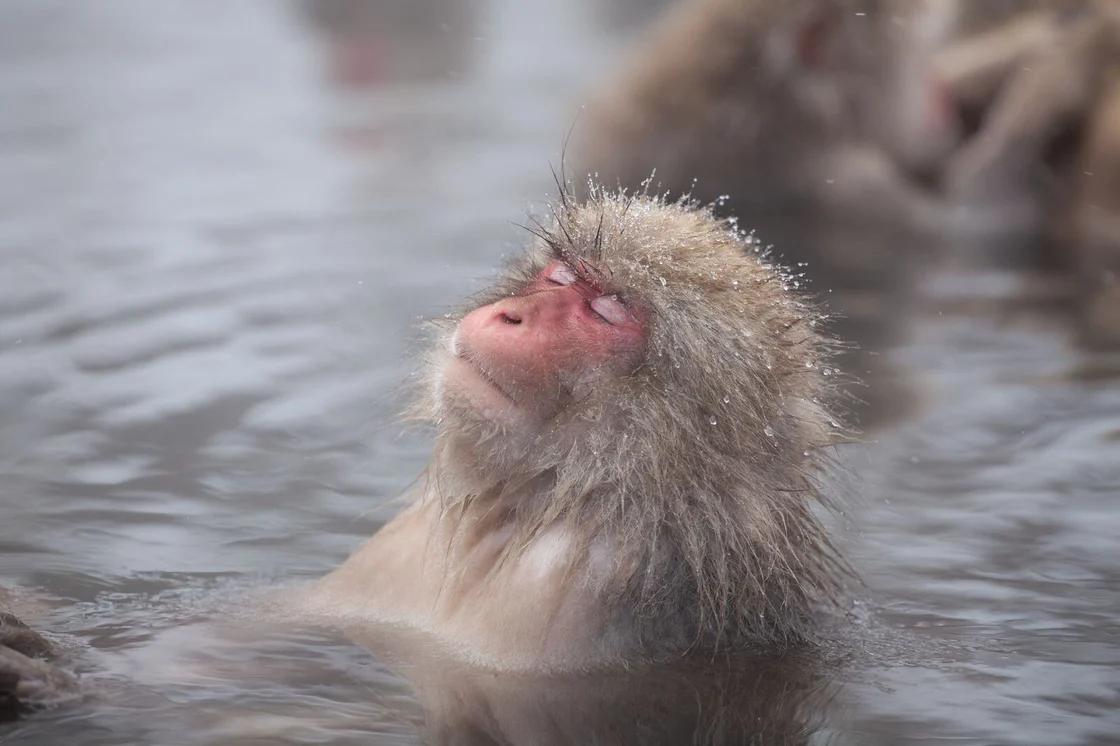
Like the Snow Monkeys, we too can find pockets of warmth in our own inner winters. What is your hot spring?
There’s a line by Haruki Murakami that says: “When the storm is over, you won’t remember how you made it through, how you managed to survive. But one thing is certain: when you come out of the storm, you won’t be the same person who walked in.”
Storms are part of our journey, but it is in small, everyday choices that we find the strength to move through them. Today, choose to take care of yourself.
Happy Holidays, and stay Wyde!
